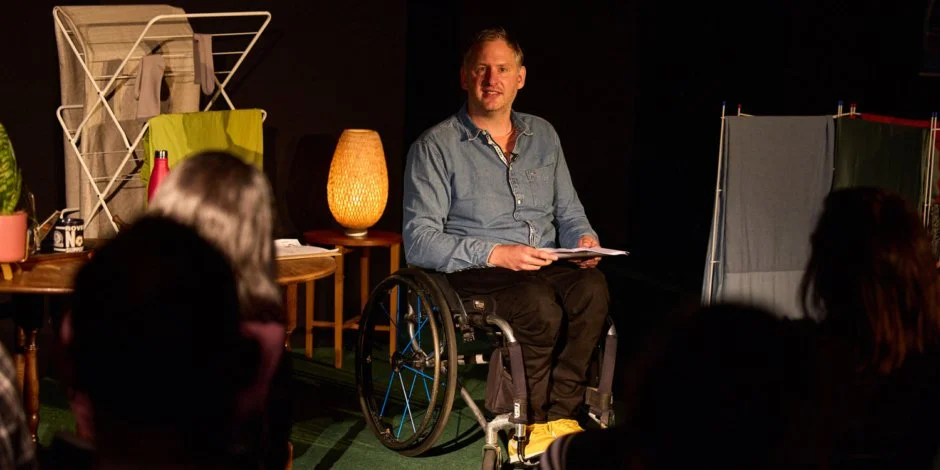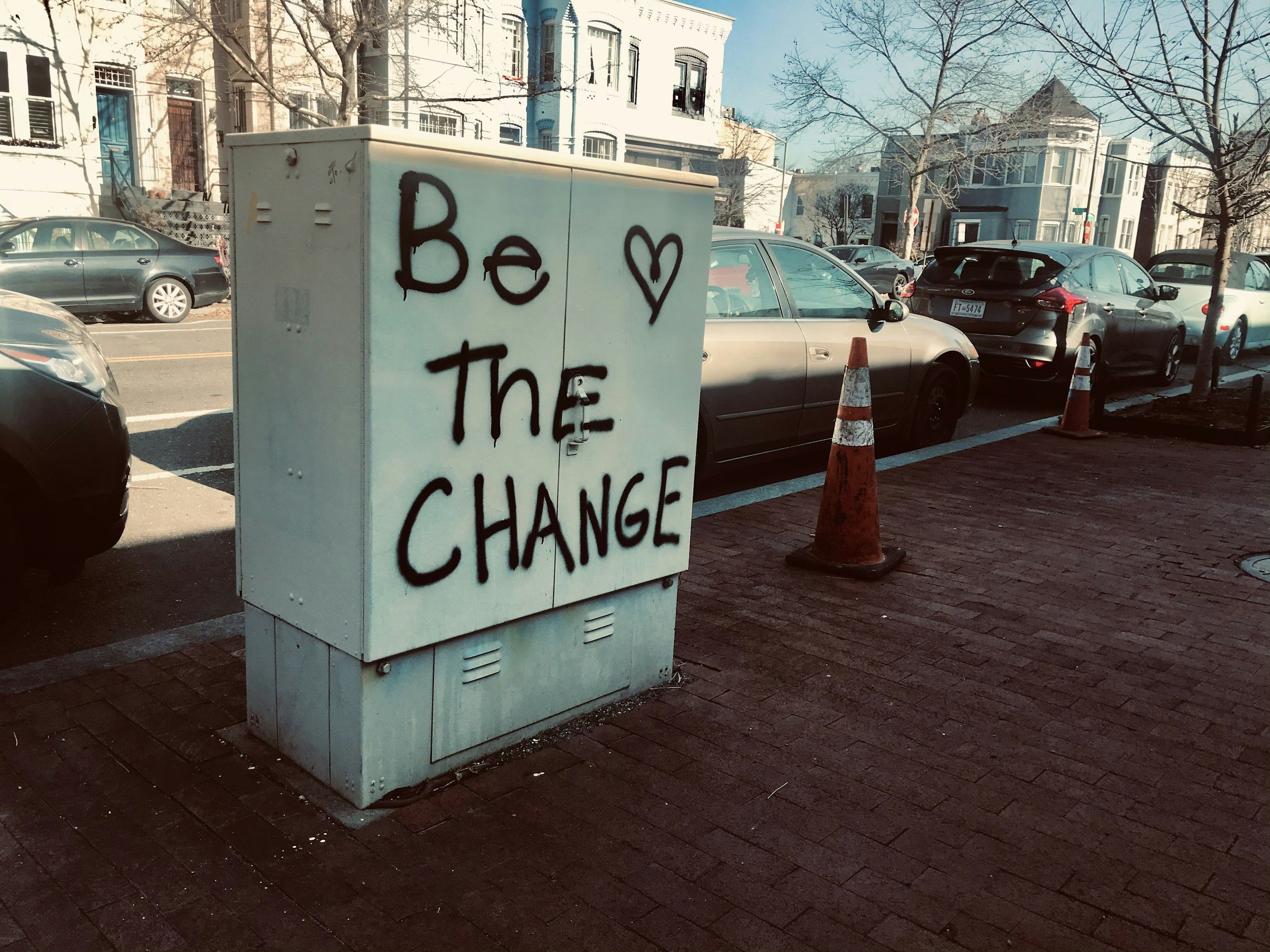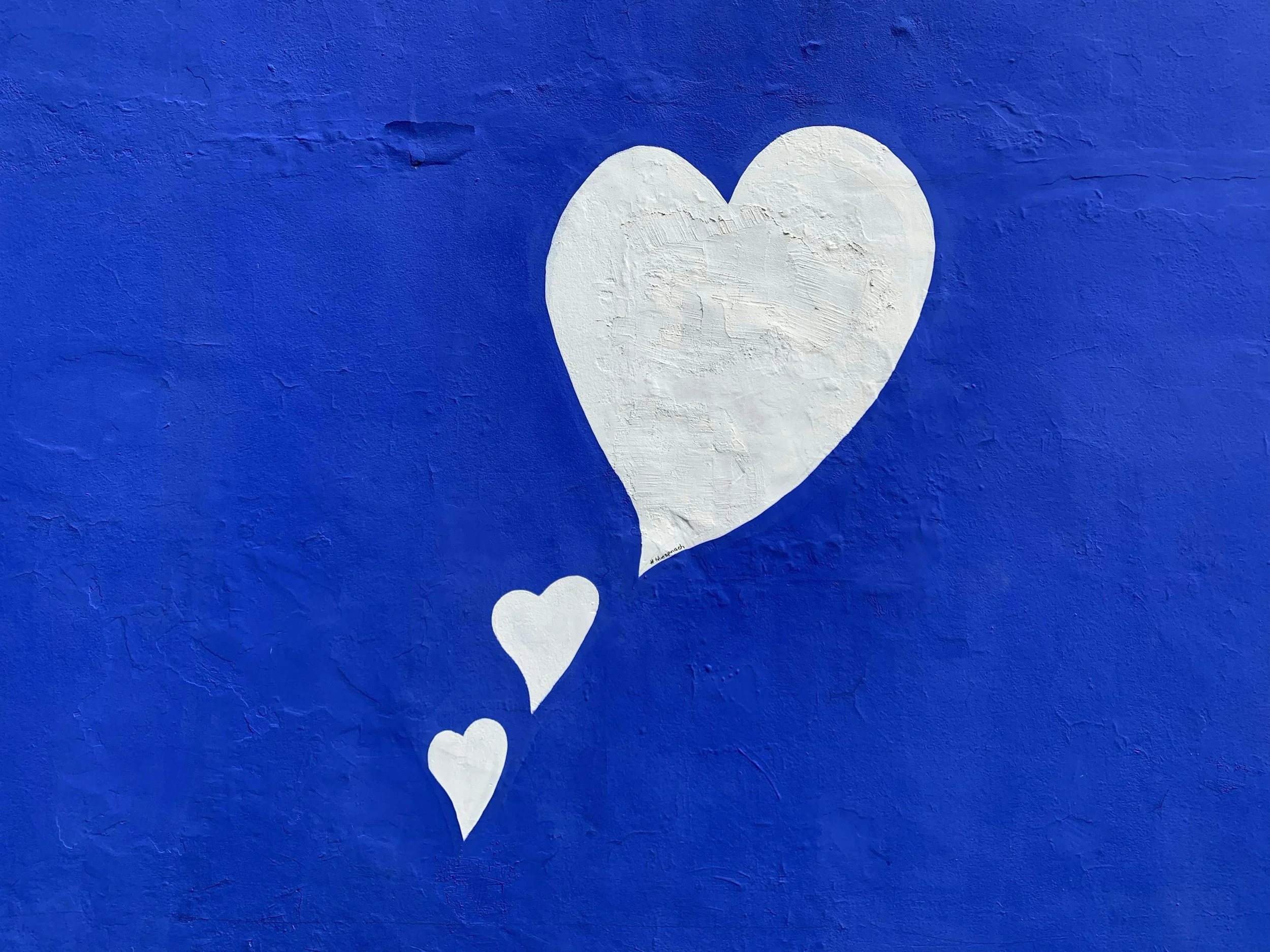The Hidden Side of Shielding: Young People in Lockdown
Note: The following article contains discussion of mental health issues, which some readers may find upsetting.
In April 2020, the NHS advised that ‘high-risk’ people should shield for a minimum of 12 weeks. Many young people in this category during the Coronavirus pandemic feel that the general public overlooked them. This is especially true for those with ‘invisible illnesses’ which are not obvious from the outside.
THE EFFECTS OF SHIELDING ON MENTAL HEALTH
Nel, who is 23, has severe asthma and generalised anxiety disorder. She says that her mental health suffered as a result of the pandemic and that it was easy to “get engulfed by the constant stream of terrifying and depressing news”.
The unavoidable news stories about deaths from Covid and its potential long-term effects ended up frightening her and increasing her anxiety. This led Nel to decide to take a break from reading the news altogether.
Nel also felt that the public health messaging at the beginning of the pandemic, which focused upon herd immunity, was reckless and frightening for her as a high-risk person.
Nina, 36, takes immunosuppressant medication in order to stop her body rejecting her kidney transplant. She lives alone in a block of flats without outdoor space, and the lockdown was incredibly isolating for her in the first few weeks before the government introduced support bubbles. Nina had socially distanced meet-ups and video chats with her partner, who she does not live with. Still, she found having to be physically distanced from them very difficult.
Lottie lives with a chronic lung condition called Cystic Fibrosis and has a 44% lung function. Lottie’s physical health suffered in lockdown, as having to isolate meant that she could not go outside to walk for daily exercise, which would have usually helped to keep her lung function stable.
By week three of lockdown, Lottie’s lung function had dropped to only 38%. After a discussion with her clinical team, Lottie was advised to continue exercising outside every day, despite this technically being against government guidelines for people with her medical condition.
Lottie discovered through her own research that the NHS has a scoring system for the use of ventilators. This meant that if Lottie did contract Covid and there was a shortage, she probably “wouldn’t have made the cut”. Lottie, who is only 34, said that this was a sobering reality and very hard for her to forget.
Artie, 25, who takes immunosuppressant medication for Crohn’s disease and Takayasu’s arteritis, said their mental health suffered as a result of lockdown. Artie was already suffering from depression as a result of trying to cope with their illnesses, and dealing with the isolation caused by lockdown was “a lot to handle all at once”. During lockdown, Artie started counselling with a local low-cost service via video chat.
Interestingly, having to do therapy at a distance was positive for Artie. “The actual act of therapy isn’t the issue for me; it’s often the travel and getting there on time that gives me a lot of anxiety”. Conversely, Nel found that although her online counselling during lockdown was useful, she felt restricted by it as she believed her sessions could be heard through the walls by her housemates.
Jess has pulmonary hypertension which is a severe condition that causes progressive damage to the heart and lungs due to high pressure in the pulmonary arteries. Jess says that having to shield made her feel like she lost her identity. She went from living the life of a ‘normal’ 28-year-old to being “lumped into a category with [her] grandparents”. Jess says that it was difficult to deal with people who didn’t understand her condition and who thought that she was ‘overdramatic’.
WHAT SHOULD EVERYBODY KNOW ABOUT THOSE CLASSED AS CLINICALLY VULNERABLE?
It appears that there is a lack of understanding that people with chronic illnesses are navigating all the same things as ‘healthy’ people, alongside having to deal with a severe health condition.
Most of the people I interviewed wanted to remind anyone who has a friend or family member who is or was shielding, to continue to check in on them.
As Lottie put it: “I appreciated so much the friends that took the time … and who sent little notes or presents to brighten the long days. A lot of people I know didn’t, and I know this was not a reflection of them not caring but rather presuming, like everyone, I was just getting on with it’.
Nel said that a big part of getting through lockdown for her was receiving care packages from the friends and family that she couldn’t be with. Nel also sent back packages to her loved ones, and said that this was a wonderful way to stay connected with them.
Artie said that they took people disregarding government guidelines very personally, and that the public should be more aware of why the guidelines are in place: “The blatant disregard and lack of care for disabled and chronically ill people is appalling”. Nina was shocked at the attitude that high-risk people were just “old and sick”, and therefore expendable.
WHAT NOW FOR ‘HIGH-RISK’ PEOPLE?
The government now advises that vulnerable people no longer have to shield. However, as we know, a worrying spike in Coronavirus cases at the beginning of September led to the government banning social gatherings of more than 6 in England.
The people I talked to (as well as myself) have begun to make their minds up about what they deem safe to do. Still, essentially this does mean that vulnerable people have been left to decide for themselves what level of risk they consider acceptable.
City Girl groups are a great place to discuss experiences with other young people. I hope that other people who have experienced similar issues to those discussed in this article will utilise the City Girl groups to connect and have informed conversations about staying safe.
We would encourage anyone identifying with the topics raised in this article to reach out to organisations who can offer support, such as Samaritans on 116 123 (www.samaritans.org) or Mind on 0300 123 3393 (www.mind.org.uk).
Help us keep the City Girl Network running by supporting us via Patreon for the price of a cheap cup of coffee- just £2 a month. For £3 a month you can also get yourself a Patreon exclusive 10% off any of our ticketed events! You can also support us by following us on Instagram, and by joining our City Girl Network (city wide!) Facebook group.
Written by Hannah Leigh Vooght
Hannah’s blog about IBD and chronic illness
















